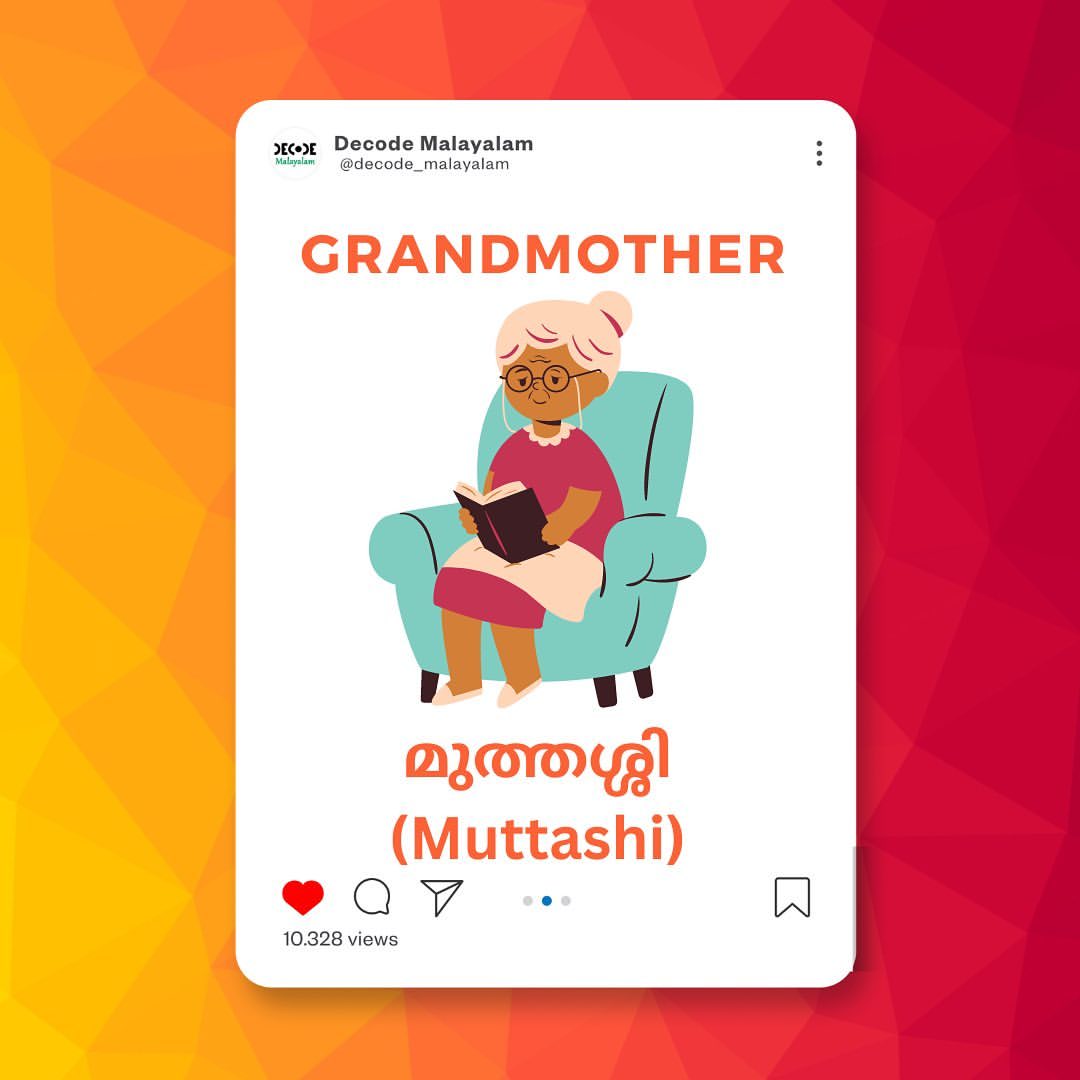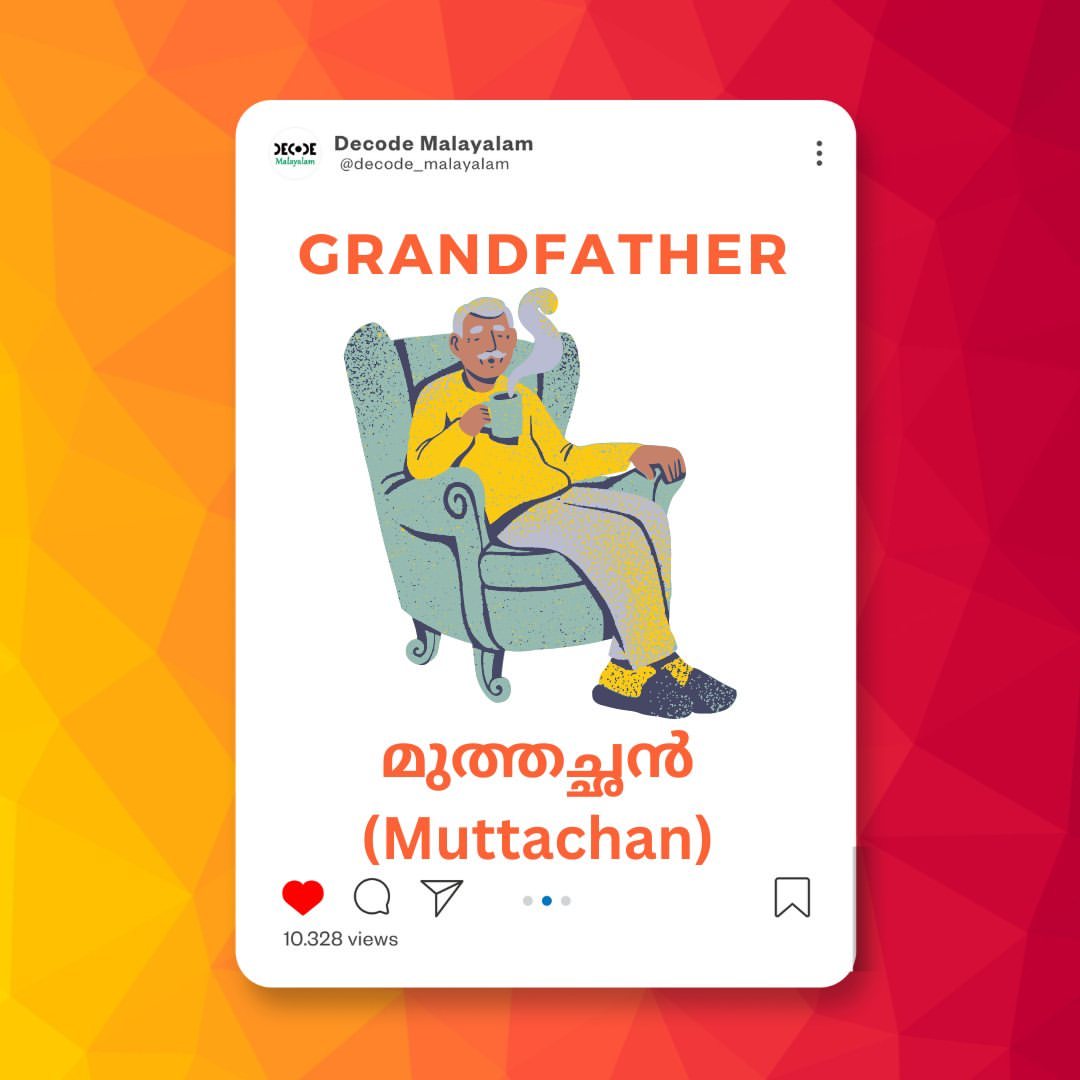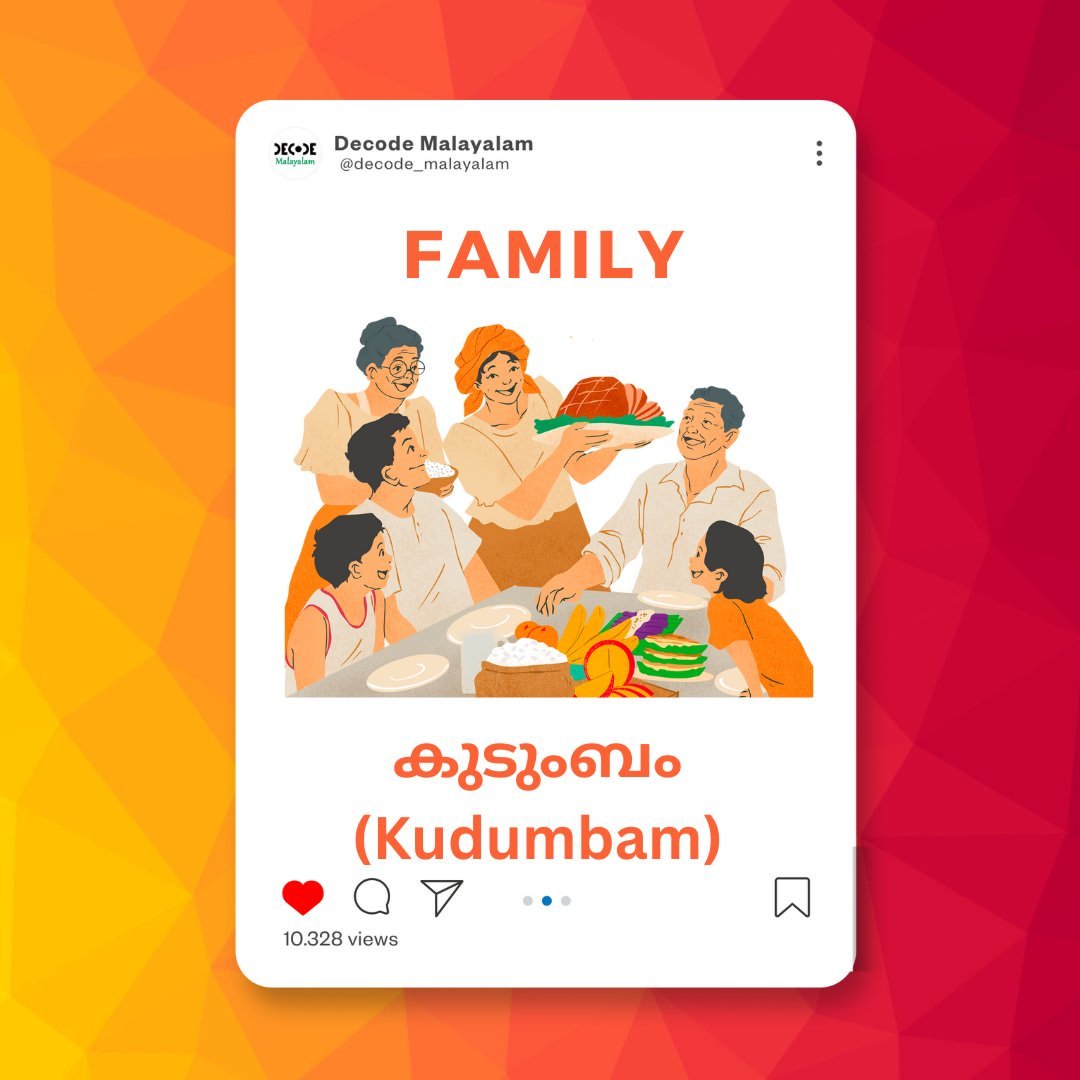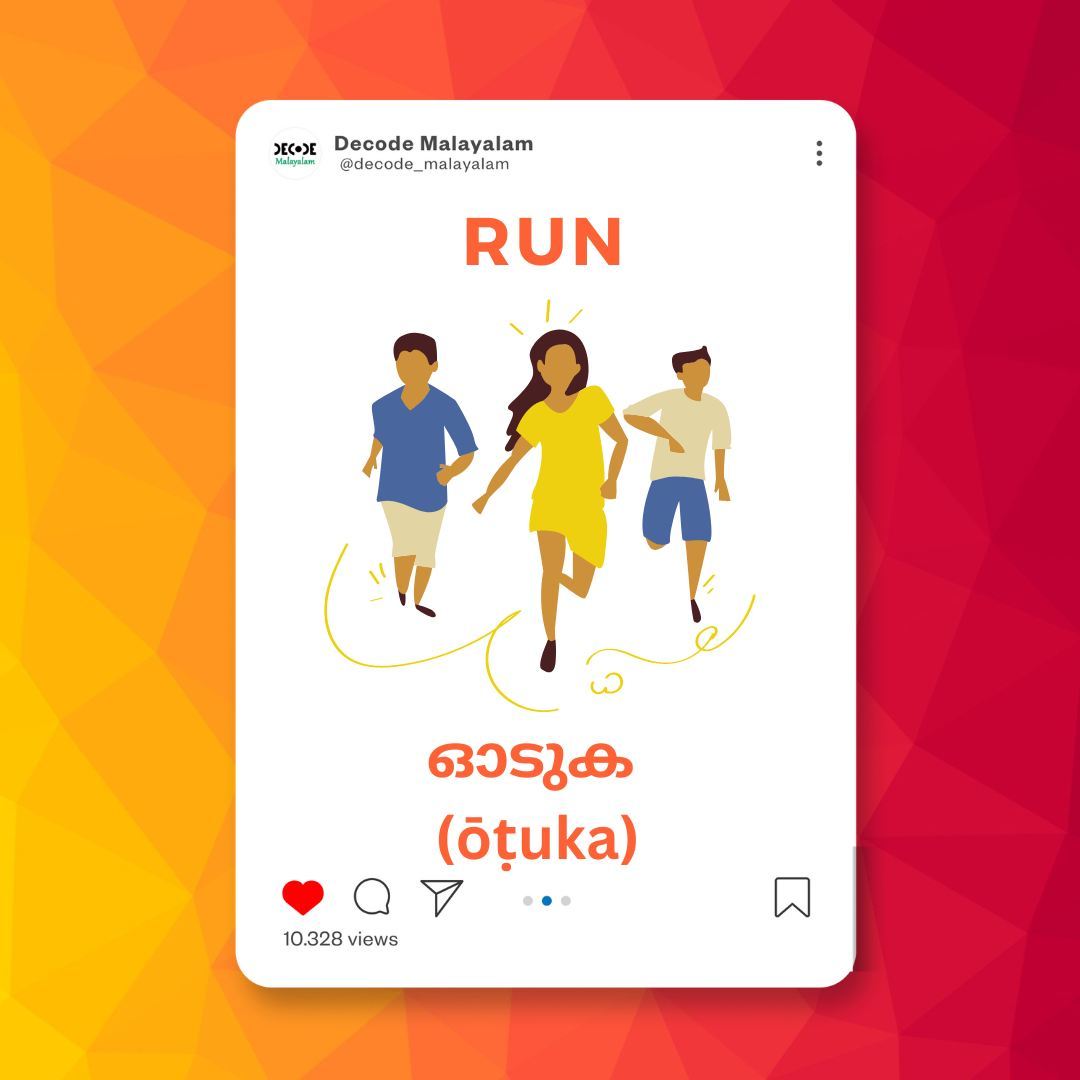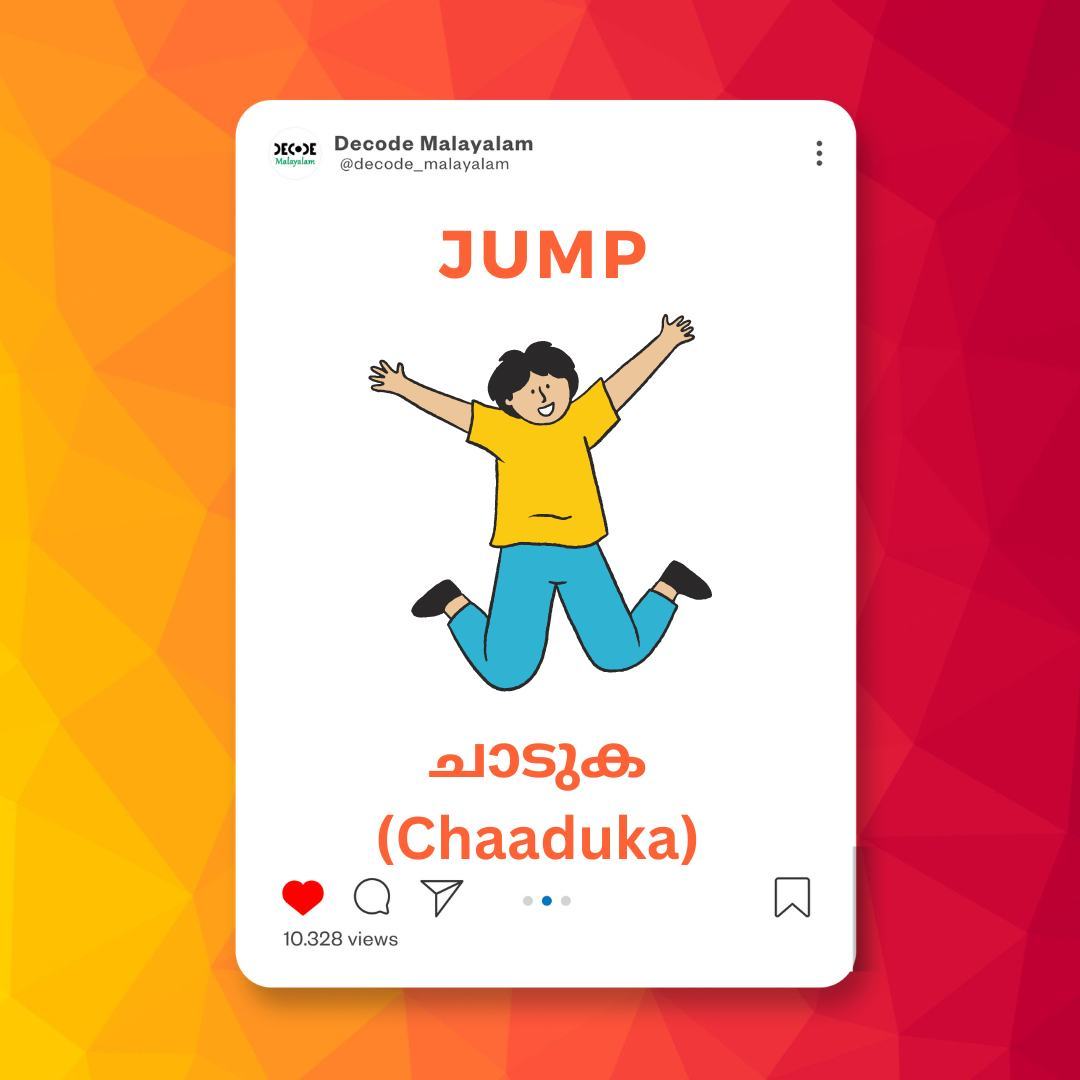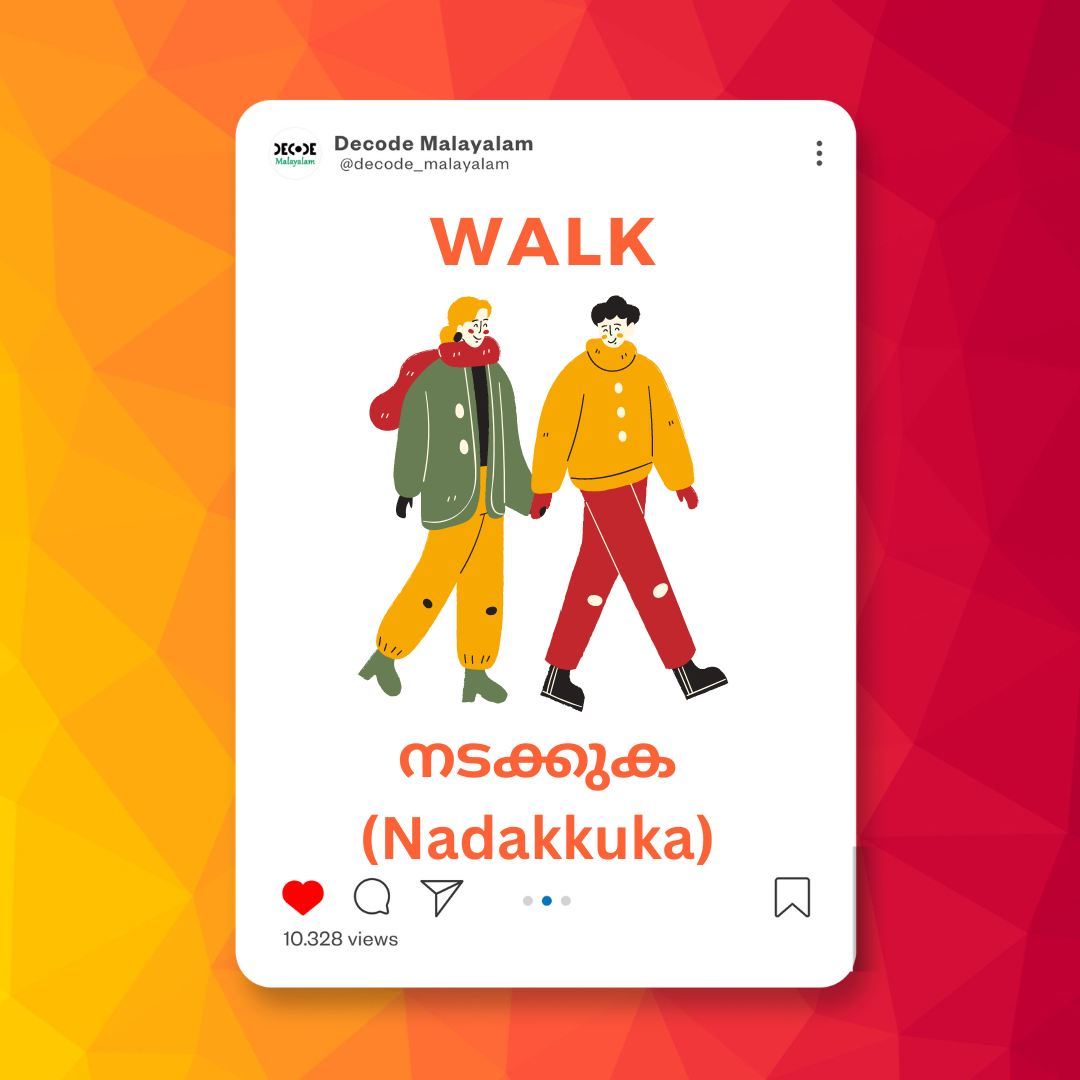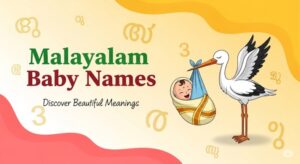Fun & Educational Malayalam Kids Songs & Rhymes with English Meaning
Welcome to our comprehensive guide on Malayalam kids’ songs and rhymes! If you’re looking to introduce your child to the rich culture and language of Kerala, this is the perfect starting point. Learning through songs and rhymes is one of the most effective and enjoyable methods for children. It helps them grasp new words, understand sentence structures, and develop a love for the language naturally. In this article, we’ve compiled a fantastic list of popular Malayalam kids’ songs and rhymes, complete with their English meanings, to make learning easy and fun. We also have a dedicated section on how to teach Malayalam to kids at home, so you can make the most of these rhymes!
Why are Malayalam Songs & Rhymes Important for Kids?
Music and rhythm are universal tools for learning. For children, especially, they offer a playful pathway to language acquisition. Malayalam songs and rhymes not only teach children new vocabulary but also connect them to their cultural heritage. These simple verses often carry stories, moral lessons, and observations about daily life in Kerala. They can teach a child about animal names, body parts, fruits, and more, making them a foundational part of early education. They are also excellent for improving memory and pronunciation. Before diving into the songs, you can check out our guide on top Malayalam words for kids to get started with some basic vocabulary.
— Ready to Start Learning? Join a Class Today! —Popular Malayalam Kids Rhymes with English Meaning
1. Vandi Vandi (The Car)
This simple and repetitive rhyme is a favorite among toddlers. It helps them learn about the sound of a vehicle.
വണ്ടി വണ്ടി വണ്ടി.
എന്തു നല്ല വണ്ടി,
വലിയ വണ്ടി.
ഓടുന്നു വണ്ടി,
വേഗത്തിൽ ഓടുന്നു.
Car, car, car.
What a good car,
A big car.
The car is running,
Running fast.
2. Nila Nila Odi Vaa (Moon Moon, Come Running)
This beautiful rhyme is often sung to babies while showing them the moon. It’s a gentle and loving lullaby-style song.
നിലാ നിലാ ഓടി വാ.
ആകാശത്തു വന്ന്,
എന്നെ നോക്കി ചിരിക്കൂ.
നിലാ നിലാ,
എന്റെ കുഞ്ഞിക്കയ്യിൽ,
ഒരു നുള്ളു പാലുണ്ടോ?
Moon, moon, come running.
Come to the sky,
And smile at me.
Moon, moon,
In my little hand,
Is there a pinch of milk?
3. Thumbi Thumbi Va Va (Dragonfly Dragonfly Come)
A classic rhyme inviting a dragonfly to come and play. It’s a great way to introduce children to nature and birds and animals found in Kerala.
കൂട്ടിലിരുന്നു വാ വാ.
പാട്ടുകൾ പാടി വാ വാ,
കളിക്കാൻ കൂട്ട് വാ വാ.
Sit in the cage and come, come.
Singing songs, come, come,
Come to play with me, come, come.
4. Kochan Oru Poombala (A Small Flower)
This rhyme is about a little flower and a little bird, perfect for teaching children about the beauty of nature and animals.
അതിനെ കണ്ടു ഞാൻ.
അതു പറന്നു പറന്നു,
പോവുന്നു പാടത്തു.
I saw it.
It flew and flew,
And went to the field.
5. Ethra Ethra Pakshikal (How Many Birds)
A counting song that teaches kids numbers in Malayalam while also talking about different birds.
ആകാശത്തു പറക്കുന്നു.
ഒന്ന് രണ്ട് മൂന്ന്,
നാല് അഞ്ച് ആറ്,
ഏഴ് എട്ട് ഒമ്പത്,
പത്ത് പക്ഷികൾ.
Are flying in the sky.
One, two, three,
Four, five, six,
Seven, eight, nine,
Ten birds.
6. Kunji Poombaatta (Little Butterfly)
This is a sweet and gentle rhyme about a little butterfly, great for introducing nature words.
എവിടെ പോകുന്നു?
പൂവിൽ പൂവിൽ പറന്നു,
പൂന്തേനൂറാൻ പോകുന്നു.
Are you going?
Flying from flower to flower,
To drink the honey.
7. Njan Oru Poombatta (I Am A Butterfly)
A fun role-playing rhyme where a child pretends to be a butterfly, great for imagination and vocabulary.
ഞാൻ പറക്കുന്നു.
നീല വർണ്ണം,
വെള്ള വർണ്ണം,
പച്ച വർണ്ണം.
പൂവിൽ പറക്കുന്നു.
I fly.
Blue color,
White color,
Green color.
I fly on the flower.
You can also check out our blog on colours in Malayalam to learn more about the different color names.
8. Nilaavine Padi (Singing to the Moon)
This rhyme is often sung as a lullaby, with a simple and soothing rhythm.
നിലാവിനെ പാടി,
ചെറിയ കുഞ്ഞിന്റെ
കണ്ണടച്ചു.
Singing to the moon,
The little baby’s
Eyes closed.
9. Onam Ponam Vaa (Onam Come)
A popular rhyme about the Onam festival, which is a great way to introduce your child to Kerala’s culture.
മാവേലി വാഴാൻ വാ.
പൂക്കളം ഇടുമ്പോൾ,
അത്തപ്പൂവിട്ട് വാ.
Maveli, the king, come to rule.
When we make the flower carpet,
Put flowers on it and come.
To learn more about this grand festival, read our blog on About Onam Festival 2024.
10. Kuruvi Kuruvikkal (The Sparrows)
This song is about sparrows and is a great way to learn about different types of birds and their sounds.
കുഞ്ഞേ നിന്നെ കണ്ടു.
കൂടുണ്ടാക്കി,
മുട്ടയിട്ടു.
കുഞ്ഞിക്കിളി വരാൻ കാത്തിരുന്നു.
I saw you, little one.
Made a nest,
Laid an egg.
Waiting for the little bird to come.
11. Kai Kai Kai (Hand Hand Hand)
A simple yet effective rhyme for teaching body parts in Malayalam.
എന്റെ കൈ.
അങ്ങോട്ട് താ,
ഇങ്ങോട്ട് താ.
കളിക്കാൻ പോവാം.
My hand.
Give it that way,
Give it this way,
Let’s go play.
Check out our detailed guide on body parts in Malayalam for more vocabulary.
— Ready to Learn? Connect With a Teacher! —Tips for Learning and Teaching Malayalam Rhymes
- Repetition is Key: Repeat the rhymes multiple times. Children learn best through repetition.
- Use Actions: Pair the words with actions. For example, for “Kai Kai Kai,” clap your hands. This kinesthetic learning helps them remember faster.
- Singing and Rhythm: Sing the rhymes with a melody. The rhythm helps with memory retention.
- Translate and Explain: Use the English translations to help your child understand the meaning of the words. This bridge between languages is crucial. You can also refer to our blog on learn Malayalam through English.
- Make it a Game: Turn the rhymes into a fun game. Ask your child to act out the rhymes or to identify objects mentioned in the song.
- Use Flashcards: Create flashcards with pictures of the objects mentioned in the rhymes (e.g., car, moon, butterfly). This helps in visual learning.
- Be Patient and Encouraging: Learning a new language takes time. Be patient with your child and celebrate every small achievement.
The Role of Rhymes in Cultural Connection
Beyond language skills, these rhymes serve as a powerful link to Kerala’s culture. They often describe aspects of nature, daily life, festivals like Onam, and traditional values. By teaching your child these rhymes, you are not just teaching them words; you are instilling in them a sense of cultural identity and pride. It’s a fun way to share stories and traditions with the next generation. For a deeper understanding of the language, you can also explore our article on Malayalam basic grammar.
Creating a Fun Learning Environment
To make the process even more effective, create a dedicated learning space. It could be a cozy corner with colorful books, posters with Malayalam alphabets, and pictures of objects and animals. Use these rhymes during playtime, before bedtime, or while doing daily chores. For instance, when you’re in the kitchen, sing a rhyme about food items in Malayalam. If you are a beginner yourself, we recommend you check out our comprehensive guide to learning Malayalam.
FAQs About Malayalam Kids Songs & Rhymes
Q1: At what age should I start teaching my child these rhymes?
You can start as early as infancy. Babies respond well to rhythm and melody. For toddlers and preschoolers, these rhymes are excellent for vocabulary and language development.
Q2: Where can I find more Malayalam kids’ songs?
Many Malayalam channels on YouTube and educational websites offer animated versions of these songs. You can also find books with collections of rhymes from Malayalam publications.
Q3: How can I improve my own Malayalam pronunciation?
Listening to native speakers, watching Malayalam movies and cartoons, and practicing regularly are great ways to improve. You can also check out our Malayalam pronunciation tips for a detailed guide.
— Ready for 1:1 Malayalam Classes? Message Us! —Conclusion
Teaching Malayalam to your children through songs and rhymes is a wonderful journey. It’s a method that is not only effective but also deeply personal and fun. We hope this collection of rhymes serves as a great resource for your family. By making language learning a joyful and creative experience, you are giving your child a gift that will last a lifetime. Whether you are living in Kerala or abroad, these rhymes are a great way to stay connected to your roots. Feel free to explore our website for more resources on learning Malayalam, including basic Malayalam words and phrases.
This article is a property of Decode Malayalam. All content is intended for educational purposes. For more information and resources on learning Malayalam, visit our website.

